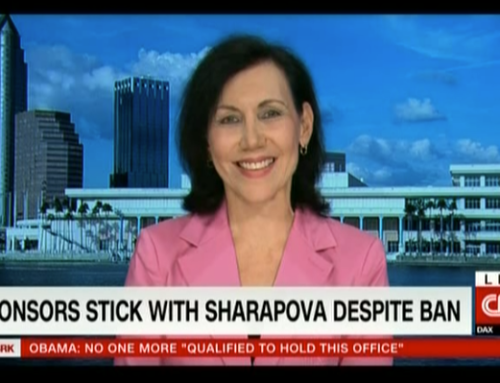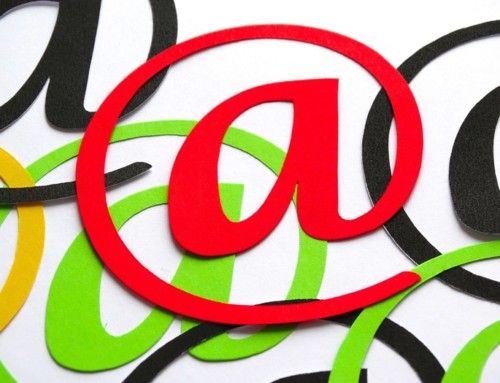I recently spent a lot of time looking at the way companies advertise, I’ve looked at companies various slogans both present and past because my company is in the process of reimaging and rebranding itself, so this has caused me to do a lot of thinking, a lot of research. I’ve gone back and looked at all these different slogans in many different verticals over the past 50 years, from the 1950’s to the present and it has made me wonder, are we different as a society when it comes to advertising than we were back then?
The term truth in advertising used to mean something and I wonder if it still does or is it just one more of those old fashioned terms that history has retired. In the United States, it is illegal to lie in advertising; you can’t make up something that isn’t true in order to drive up sales. My father used to always tell me “they can’t say it if it isn’t true”, and he was right from a legal standpoint, but we all know that legal is not the issue, companies today are very good at embellishing on facts and twisting truths so that their not really lying, but they’re not really telling the truth either. It makes me wonder how we, as a society of marketing professionals, whether in marketing companies themselves or marketing professionals in various industries look at a marketing campaign; does ethics fit into the equation when we are considering a marketing campaign?
When you see an advertisement for an oil company that is advertising an additive that they put in their gasoline telling you that it makes your engine run better, are they telling us the truth? Is it really better? If you use Chevron with Techron®, does your engine truly run better than if you would have gotten gas at the station across the street that does not have this additive? How about foods that are labeled as “Fat Free” and they lead the consumer to believe that eating this food is good for you and good for your kids, or if you eat a specific type of food it is good for helping you lose weight, but in the small print they will tell you that people who have eaten this food along with a healthy balanced diet and exercise have shown a significant weight loss, but if you dieted and exercised without this product wouldn’t you lose weight whether you used this product or not? A little twist there.
How about infomercials that go through a half hour presentation showing you people that have used their product or selling system and have shown how they have made thousands of dollars and they are driving sports cars and buying expensive houses, paid off their bills, were able to quit their jobs, and the entire infomercial is a hype on how you can become independently wealthy, you can live the life like those they are showcasing do. Then at the very end of the infomercial at the bottom of the screen in letters so small Superman would need to put his spectacles on to read, it tells you that this should not be considered a typical result. So what does that mean? You went through a half hour of hyping me up on this system showing me people in big houses, sports cars and yachts making hundreds of thousands of dollars, you showed me a guy who just bought nine houses with no money down in his first month and is now rolling in money then you tell me it is not a typical result? Then why did you show it to me, unless you wanted me to think that it was? So isn’t this leading me to believe that I can make this type of money? The only reason they put the disclaimer at the end is because they legally have to. Is there any ethical or moral issue here? Any product that is leading me to believe something that is not true, even if they don’t come straight out and tell me this, but are leading me to believe or pointing me in that direction without actually saying the words, is there a moral or ethical issue here?
I don’t really know what the answers are; I’m just asking the questions. But I do question if these types of advertising campaigns are ethical or moral. Where is the line and how many advertisers or companies in our society have crossed it? I think that everybody is guilty in some degree of having done this in one way or another and so I am not here to point fingers or single out any particular company, I am asking this of our business and marketing society in general. Do we have a responsibility to those that we are advertising to, to be completely honest with them? Using infomercials again as an example, showing someone how to buy investment property with no money down, as that company do I have an ethical responsibility to not show the guy that’s bought and sold nine houses his first month and making hundreds of thousands of dollars and if so then how do I sell my product? Do I show the average typical person whose failing, because we all know that 90% of the people who buy this program are not going to make any money, they’re going to buy the package, it’s going to sit in the drawer and their never going to do anything with it, so do we tell them that they are most likely never going to sell anything? On the other hand we really do have a guy who was successful and bought and sold nine houses, were not making him up, he’s not an actor, he is real and he is really making hundreds of thousands of dollars a month. Is our ethical responsibility to not put the disclaimer in small print, or to not lead you to believe that this could be you, because that is exactly what this infomercial is doing. It is making you think that you could be this guy, it is hyping you up on this system so that you’ll buy it, that’s where this company makes their money, by selling you the package.
Again my question; is it ethical? Is it ethical for the company selling you information on how to buy and sell houses with no money down, is it ethical for the company that claims you can lose weight by eating their product and in small print telling you along with a healthy diet and exercise, which would have helped you lose weight without using their product. Any company that is embellishing or overstretching or twisting the truth by leading you to believe something that it is not, by pointing you in the right direction so to speak, but not straight out telling you a lie, is this an ethical issue? I don’t know the answer; but I think this is something that we all need to think about “Does Truth in Advertising Still Exist?”
Joe Melle is the founder and CEO of Throttle Media, Inc. and the author of many business articles, and also a part time professor teaching post graduate courses to MBA students. He has a background in direct contact marketing as well as call center marketing and operations and has worked with companies all over the world across many different verticals. You can read more of Joe’s articles at http://blog.throttle-media.com and visit his company at www.throttle-media.com.






